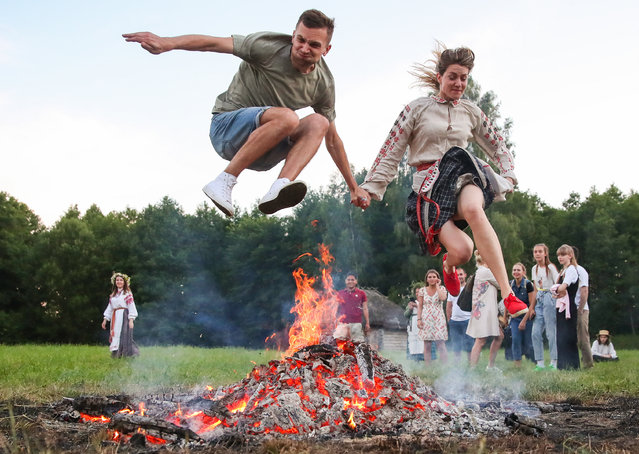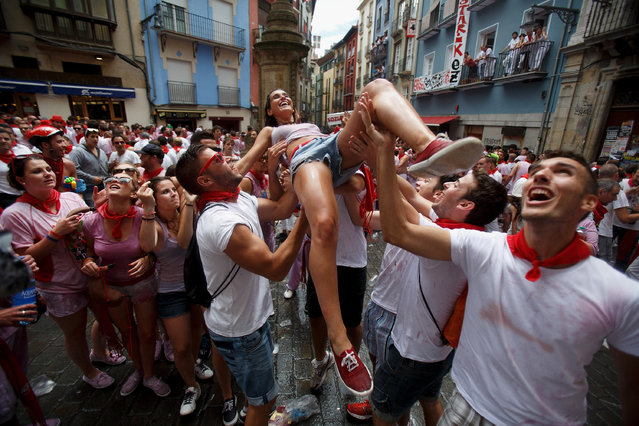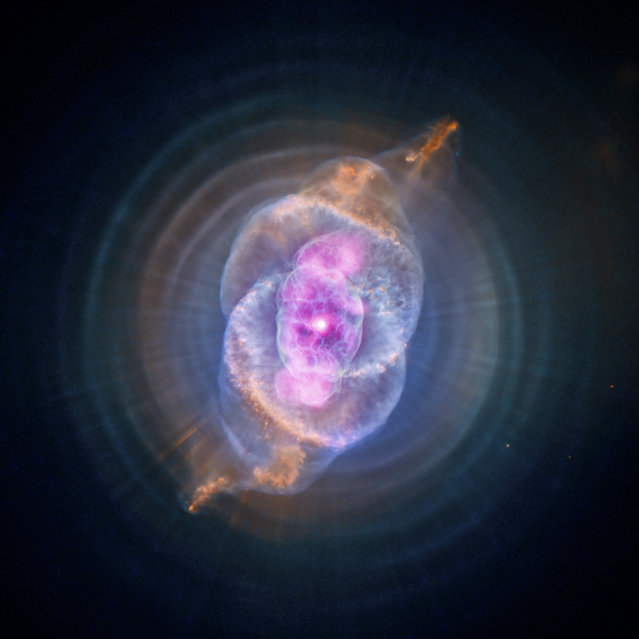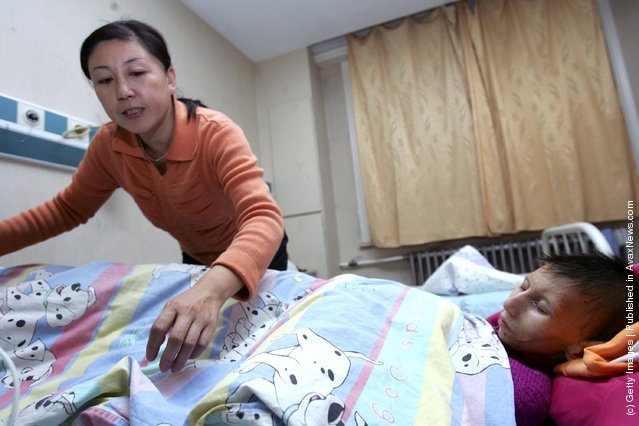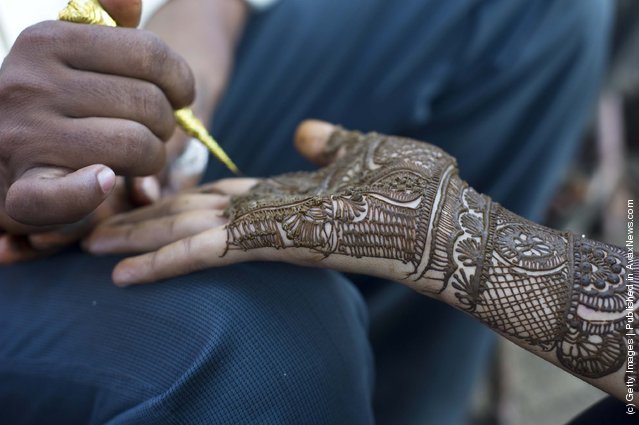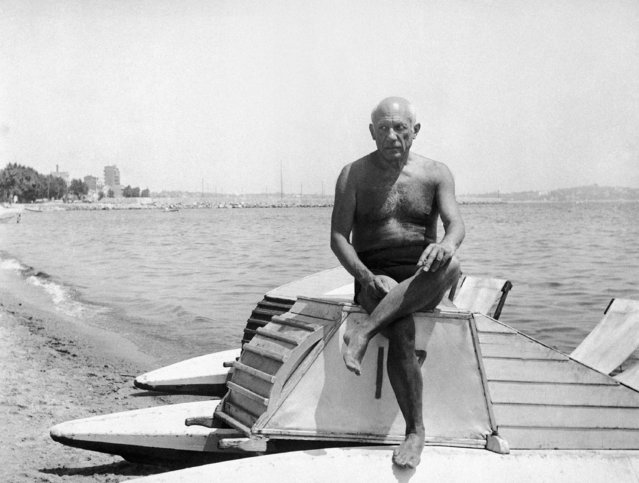
Pablo Picasso, famed 66-year-old Spanish artist who has lived most of his life in France, suns himself on a boat on the beach at Golfe Juan in Vallauris on the French Riviera on March 10, 1948. Entering a new period in his varied artistic career, Picasso has turned to painting pottery at the nearby town of Vallauris. (Photo by AP Photo)
12 Jul 2018 00:01:00,post received
0 comments


